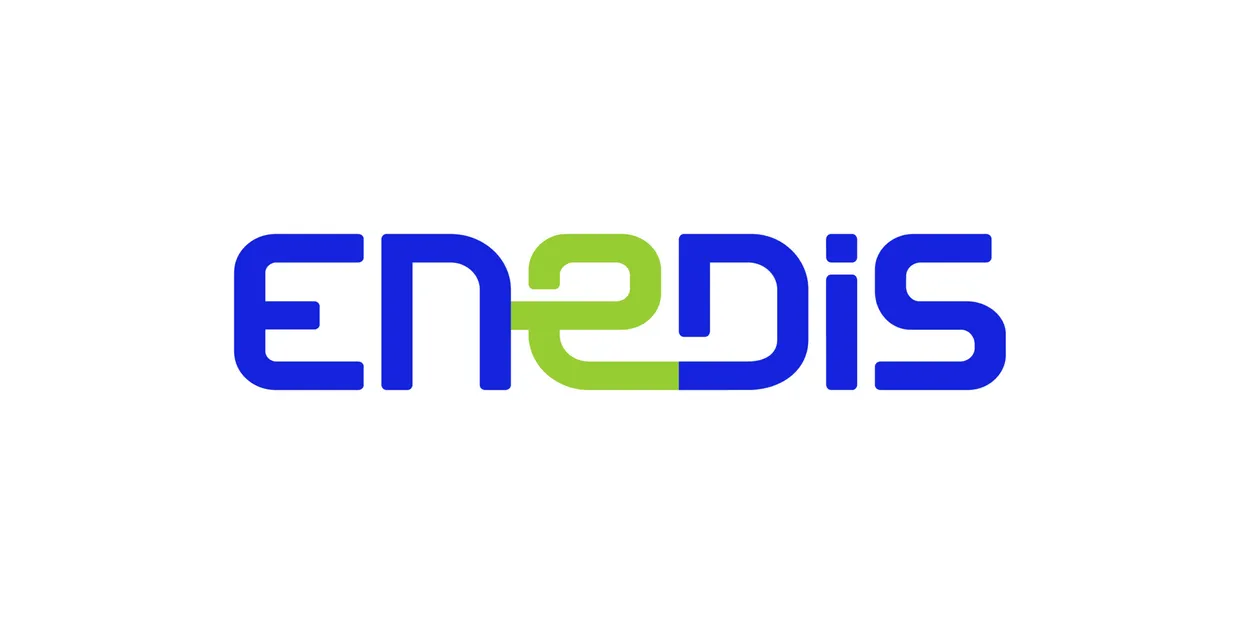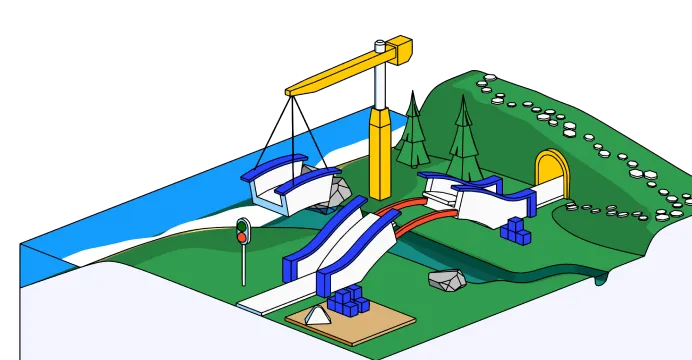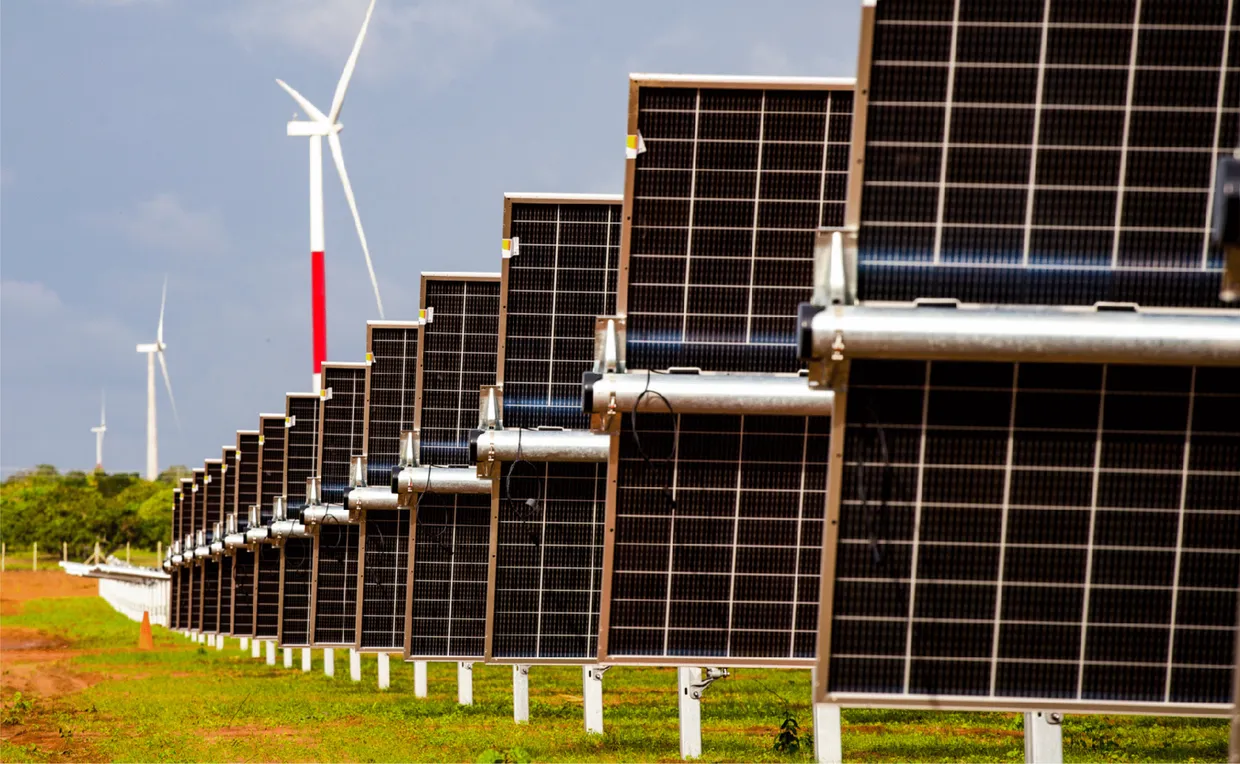Background
Enedis is the electricity distribution network operator over 95% of France and the largest in Europe. The company has 41,000 employees, working across 700 sites to distribute electricity to 38 million customers across France.
Sustainability strategy
In 2023 Enedis became the first major French energy company to earn the “Entreprise à Mission” status – creating legal obligations to demonstrate positive impact. Since 2024, climate performance has become part of the variable compensation criteria for Enedis’ executive team.
Enedis has structured its sustainability strategy around contributing to carbon neutrality by 2050. As such, the company has set ambitious emissions reduction targets, including a 30% reduction in Scopes 1 and 2 emissions by 2030, compared to its 2017 baseline.
With Scope 3 emissions representing 68% of Enedis’ total carbon footprint, the company is carrying ambitious decarbonation actions regarding its supply chain. These include over 2,000 low-carbon construction sites conducted in 2025, that achieve an average 60% CO2 emissions reduction.
As a critical player in France’s energy transition, in 2024 alone, Enedis connected 5.5 GW of renewable energy and installed 5.1 GW of electric vehicle charging capacity.
Reporting requirements and recognitions
As a subsidiary of EDF Group, Enedis contributes to the Group’s CSRD reporting. Additionally, Enedis undertakes several voluntary sustainability reporting exercises, including
- the UN Global Compact
- France’s “Responsible Supplier Relations and Procurement Label” – awarded to just 100 companies nationally
- France’s “Responsible Digital” label, an official certification that recognizes organizations for their commitment to sustainable, ethical, and responsible digital practices
Challenge
Since 2017, Enedis has been assessing its carbon footprint across all three scopes, with detailed data available at regional level on its 25 regional directions. However, managing this data has proven challenging due to the inherent complexity of carbon accounting and the diversity of sources involved. They needed a comprehensive software platform that could manage activity-based data for Scopes 1 and 2, while also tackling the complexity of Scope 3 emissions through both activity data and spend-based categories.
Additionally, Enedis seeks third-party assurance for its sustainability data each year, requiring robust data processes. Most importantly, Enedis wanted to be able to run their carbon footprint assessments autonomously across their entire perimeter without relying on external support.
Solution
Enedis opted to partner with Sweep and EcoAct after after a call for tenders involving three other software companies. Working alongside implementation partner EcoAct France, Sweep rolled out its platform, packed with advanced features including custom tables, time tracking, SSO, and restatement capabilities.
The team completed the implementation on schedule, successfully migrating all historical carbon footprint data from 2023 and 2024 to the platform by June 2025. Enedis teams received comprehensive training to achieve full autonomous operation of Sweep’s software, with the platform configured to handle comprehensive Scope 3 emissions tracking. Meanwhile, custom dashboards offer a real leap forward for Enedis’ sustainability teams and will help to secure change management around use of the platform. Enedis has expressed high satisfaction with the partnership and is now preparing for its first fully autonomous Sweep-based data collection campaign in Q1 2026.





